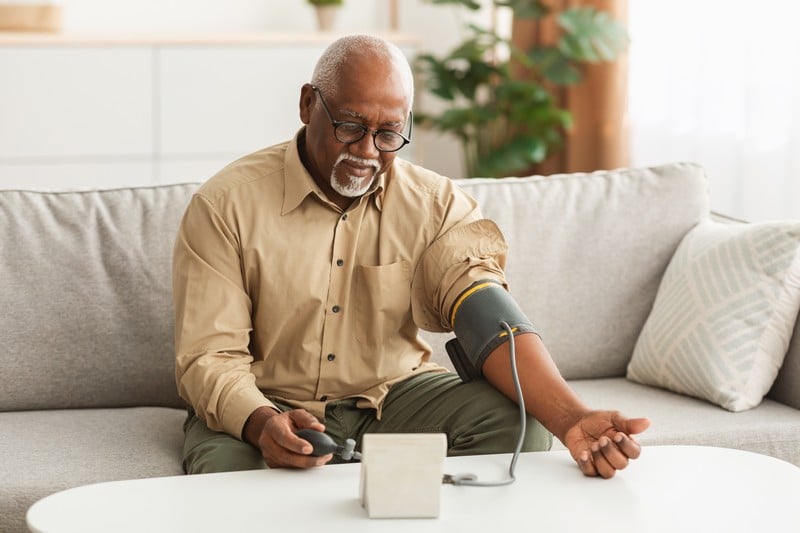Hypotension

Hypotension is the opposite of hypertension because it is the condition wherein an individual records a blood pressure reading lower than 90 millimeters of mercury for the systolic and 60 millimeters for the diastolic. However, doctors also say that blood pressure readings can be relative, as what people think is hypotension can be normal for others and vice versa.
Hypotension may or may not have visible symptoms. However, people with the condition can experience fainting and dizzy spells. Severe low blood pressure can also be life-threatening if left unchecked. Doctors identified dehydration, endocrine disorders, pregnancy, heart and heart valve conditions, and blood loss as among the most common causes of hypotension. Severe allergic reactions, lack of nutrients in the daily diet, and severe infections can also cause hypotension.
People with hypotension can present cold, clammy skin, severe mental confusion, rapid and shallow breathing, a weak pulse, and a visible decrease in skin tone. Several medications can help manage hypotension, but doctors also identified age, the effects of certain medications, and lifestyle diseases such as diabetes as among the risk factors for developing hypotension.
People with hypotension must consult with their doctors to determine the underlying condition so they can adjust their diets and prescribe the necessary medications.










